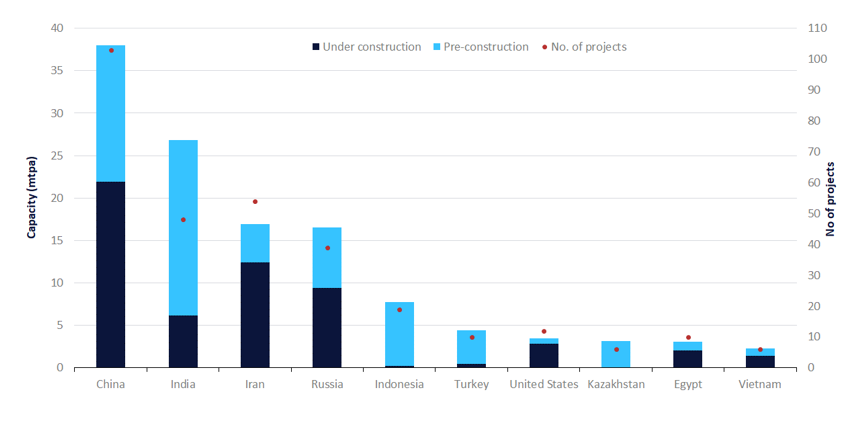
Oil prices have risen due to tightening global supply as Iranian crude exports decline following US sanctions.
Benchmark Brent crude oil LCOc1 climbed 50 cents to reach $77.87 per barrel, while US light crude CLc1 soared 15 cents to stand at $67.69, Reuters reported, due in part to the tightening global supply.
Although Washington is stepping up pressure on its allies to reduce imports of crude oil from Iran, it is calling on top producers to raise output in an effort to ensure prices do not increase further.
Following the call, Asian nations, including South Korea, Japan and India reduced Iranian oil imports.
Earlier this week, US Energy Secretary Rick Perry held discussions with Saudi Energy Minister Khalid al-Falih to encourage the de-facto Organization of the Petroleum Exporting Countries (OPEC) head to keep production at high levels.
Perry is scheduled to meet Russian Energy Minister Alexander Novak later this week in Moscow, Russia.
How well do you really know your competitors?
Access the most comprehensive Company Profiles on the market, powered by GlobalData. Save hours of research. Gain competitive edge.

Thank you!
Your download email will arrive shortly
Not ready to buy yet? Download a free sample
We are confident about the unique quality of our Company Profiles. However, we want you to make the most beneficial decision for your business, so we offer a free sample that you can download by submitting the below form
By GlobalDataOanda Asia-Pacific head Stephen Innes was quoted by the news agency as saying: “Markets are expecting substantial price pressure as Iran sanctions loom.”
Russia, the US, and Saudi Arabia together meet around 33% of the world’s almost 100 million barrels per day (bpd) of daily crude consumption.
Since September 2014, the combined output of the three major oil producers has increased by 3.8 million bpd more than the peak production of Iran over the last three years.
Russian Energy Minister Alexander Novak disclosed that Russia may sign a new deal with certain Middle East-based OPEC producers in December this year without providing any further details, Reuters reported citing the TASS news agency.






